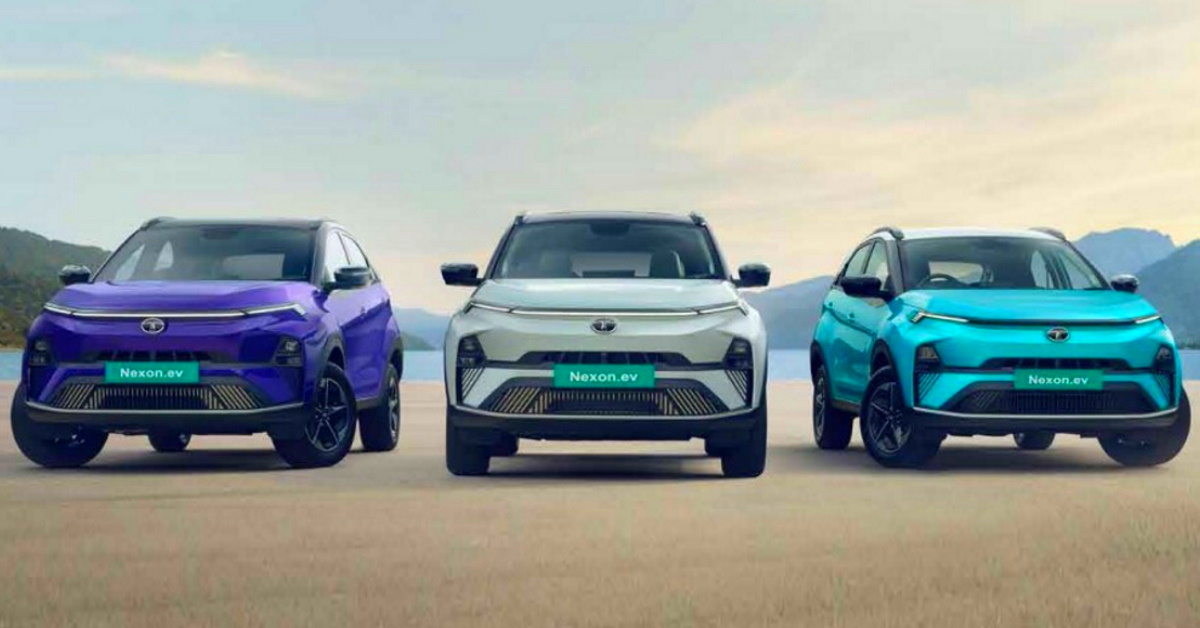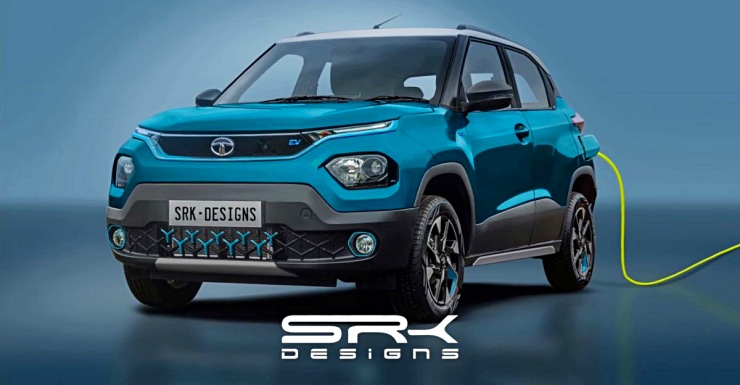EVs to cost the same as mass market ICE cars in 12-18 months: Tata Motors MD

[ad_1]
Shailesh Chandra, the Managing Director of Tata Passenger Electric Mobility, predicts a revolutionary shift in the automotive market as mass-market electric vehicles (EVs) are expected to reach price parity with internal combustion engine (ICE) vehicles within the next 12-18 months. The key catalyst for this transformation is the significant drop in battery costs, reaching a pivotal milestone of $100 per kilowatt-hour.

Chandra shared this optimistic outlook during his participation in Autocar Professional’s India EV Conclave in collaboration with the government of Tamil Nadu. According to him, the confluence of reducing battery costs and the anticipated real range of 200-250 km for mass-market EVs will soon align their prices with conventional ICE vehicles. Chandra stated, “In less than 1 year, 1 and a half years, you are going to see a 200-250 km real range car in the mass market, hitting that level.”
While early EV adopters have shown a willingness to pay a premium of 20-30% over traditional ICE vehicles, Chandra emphasized that mainstream buyers are seeking EVs at a comparable price. He highlighted the inevitable cost trends, stating that the cost of internal combustion engines would witness inflationary pressures to meet future emission compliance, while EVs would experience a deflationary trend with falling battery costs.
Chandra underlined the evolving cost dynamics, noting that EVs currently carry a price premium of 25-35% due to substantial import content and high battery costs. However, he expressed confidence that a lower Goods and Services Tax (GST) rate of 5%, combined with diminishing battery costs and government incentives, would enable Tata Motors to competitively price its EVs and drive profitability.
Tata Motors has been a trailblazer in the Indian electric vehicle market, holding a dominant share of over 85% in this emerging sector. With a commitment of $2 billion in EV business investment, Tata Motors aims to introduce a portfolio of 10 electric vehicles by 2025. Approximately 15% of its current sales already come from EVs, and the company anticipates that EVs will contribute to 30% of its total sales by 2026-2027. As the electric car market in India is poised to surpass the 1 lakh mark this financial year, Tata Motors is positioned for substantial growth, with six-digit annual EV sales on the horizon.

The next big electric car launch from Tata Motors is the Punch EV. Slated for debut in early 2024, the Tata Punch EV is expected to offer similar range as the Nexon.EV. As for pricing, the Punch EV is expected to sit in between the Tiago and Nexon EVs, making it a compelling option for those looking for a sturdy EV with good range.
[ad_2]